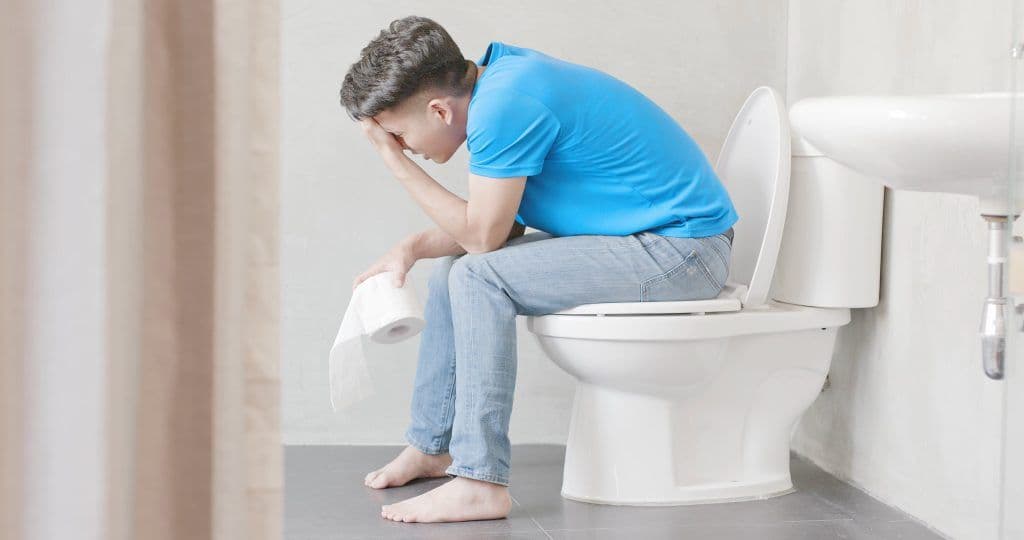Feeling blocked up and wondering why you can't poop? You're not alone. Constipation is a common, frustrating issue that can leave you feeling bloated and uncomfortable. It happens when your bowel movements become less frequent and stools become difficult to pass. Let's get straight to the bottom of what might be slowing your system down and how you can get things moving again.
The culprits behind constipation are often linked to your daily habits. Diet and hydration are the biggest players; a lack of fiber from fruits, vegetables, and whole grains, or not drinking enough water, can make your stool hard and difficult to pass. Your lifestyle also has a major impact. Lack of physical activity can slow down your digestive system, while ignoring the urge to go can confuse your body's natural signals. Stress can also be a significant factor, disrupting your gut-brain connection.
To find relief, focus on simple, powerful changes. Boosting your fiber and fluid intake is your first line of defense. However, be aware that certain medications, underlying medical conditions like Irritable Bowel Syndrome (IBS) or hypothyroidism (T4 and T3 hormonal imbalance), and even changes in your routine (like traveling) can also lead to constipation. Here are some quick tips to help:
- Eat more fiber: Aim for 25-35 grams daily from sources like berries, beans, and broccoli.
- Hydrate: Drink plenty of water throughout the day.
- Get moving: Regular exercise stimulates your bowels.
- Establish a routine: Try to go to the bathroom at the same time each day.
Frequently Asked Questions
Q: How long is too long to go without pooping?
A1: While patterns vary, going less than three times a week is generally considered constipation. If it's been more than a few days and you're uncomfortable, it's a good idea to take action or see a doctor.
Q: Can stress really cause constipation?
A: Yes, high stress levels can directly affect your digestive system. The gut-brain axis is a powerful connection, and stress hormones can slow down intestinal contractions, leading to a backup.
Q: Are laxatives a good long-term solution?
A: Laxatives can provide short-term relief, but over-reliance can make your bowels dependent. It's best to use them sparingly and focus on sustainable diet and lifestyle changes for lasting results.





